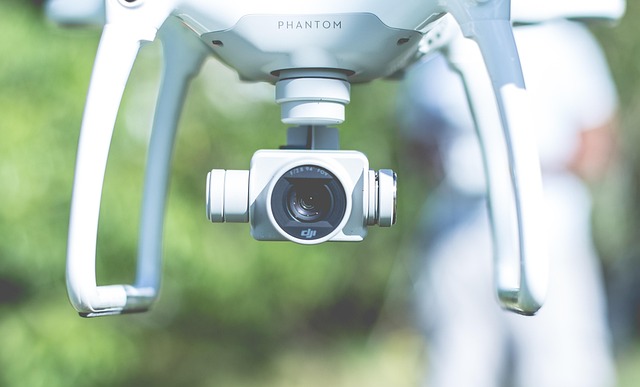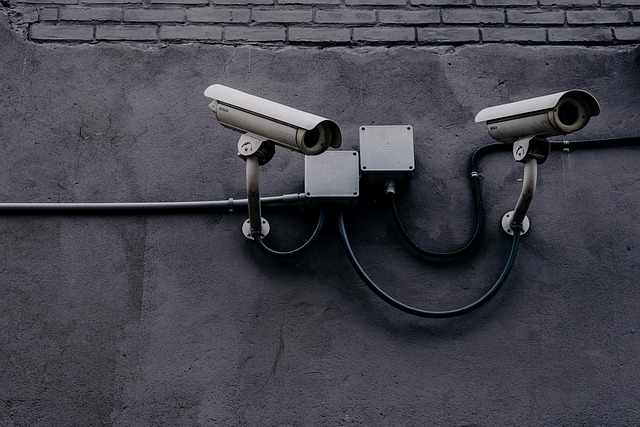In today’s fast-paced world, businesses are constantly seeking ways to enhance efficiency, reduce costs, and improve customer satisfaction. The emergence of remote control technologies in the realms of robotics, artificial intelligence (AI), and automation is not just a trend—it’s a transformative force that has become integral to modern business practices. This new wave of technological advancement allows companies to streamline operations and elevate their performance to unprecedented heights.
Robotics, powered by advanced remote control systems, has revolutionized industries ranging from manufacturing to healthcare. Automated machines can now perform tasks that were once labor-intensive and time-consuming. With the ability to operate remotely, businesses can utilize robots that are controlled from afar, reducing the need for human input in dangerous or monotonous tasks. This not only enhances safety but also allows human workers to focus on more strategic roles. Imagine a factory floor where machines are seamlessly operated without human intervention—this is the reality that remote control robotics is creating.
Meanwhile, artificial intelligence is revolutionizing decision-making processes. With AI systems, businesses can analyze vast datasets almost instantaneously, providing insights that empower decision-makers to act quickly and effectively. Integrating AI with remote control capabilities allows businesses to harness data in real-time, optimizing operations based on current circumstances. For instance, AI algorithms may adjust inventory levels or predict consumer behavior, all managed through a centralized remote control system. This leads to smarter, data-driven decisions that enhance overall business performance.
Furthermore, automation technology is streamlining processes previously bogged down by human error and inefficiencies. With automated workflows, tasks such as billing, customer service, and supply chain management can be managed remotely. This remote control capability means that businesses can operate round the clock, addressing customer needs in real-time, regardless of geographical boundaries. The automation of routine tasks frees up valuable resources, allowing businesses to innovate and invest in areas that truly drive growth.
The integration of robotics, AI, and automation is providing entrepreneurs with tools not just to survive but to thrive in a competitive landscape. Whether it be a small start-up using automated chatbots to manage customer inquiries or a large corporation deploying robots on the factory floor, the influence of remote control systems is undeniable. By leveraging these technologies, businesses can achieve more with less—less time, less capital, and less manpower—all while maintaining a high standard of quality and service.
The future is undoubtedly geared towards a world where remote control capabilities dominate business operations. Embracing this shift not only presents an opportunity to improve productivity but also positions companies at the forefront of innovation. As organizations adapt and evolve, the need for traditional methods will diminish, making way for a new era defined by intelligent machines and automated processes.
In summary, the convergence of robotics, AI, and automation through remote control technologies is reshaping the business landscape. It empowers organizations to optimize their operations, enhance customer interactions, and ultimately drive growth in an era of relentless change. As we move forward, the companies that fully harness the power of these technologies will stand out in the marketplace, paving the way for a smarter, more efficient future.




